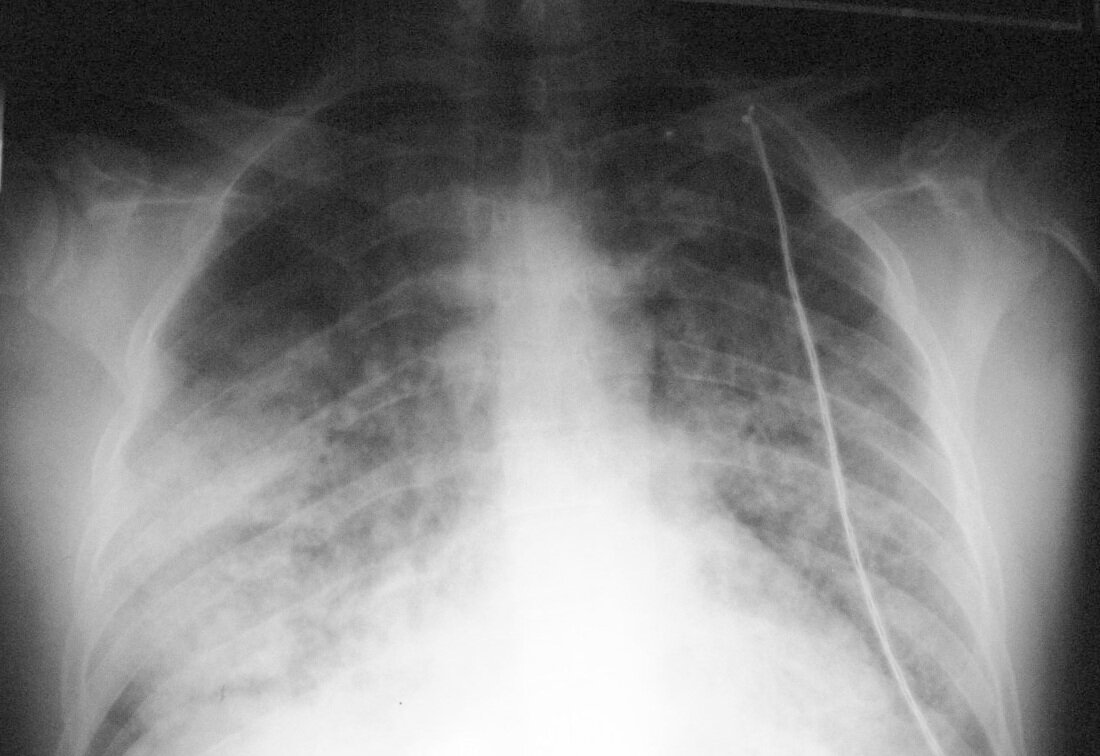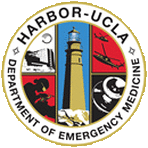downhill when she encountered “gnarly terrain”, lost control, and over-corrected
her handlebars to the right. Arms locked, she fell with full force to her left and her handlebar impacted her chest at the terminus of her fall. Winded but resilient, she rode several miles to her car and drove herself to the ED after she noticed a painful “popping” and transient deformity each time she coughed.
In the ED, T 37.8 HR 52 118/72 RR 14 98% RA. In general, she is tired but in no apparent distress. Her lungs are clear bilaterally with a somewhat diminished tidal volume, due to painful splinting. Her total body check reveals no other trauma.
The visual inspection of her chest reveals:
pneumothorax, pericardial effusion, or opacity. Her electrocardiogram shows no evidence of dysrhythmia or conduction delay. She is feeling somewhat better after an
NSAID.
Based on her presentation, which of the following is the MOST likely etiology?
A. Sternalis syndrome
B. Tietze syndrome
C. Arthroidal subluxation
D. Slipping rib syndrome
In the meantime, a few quotes –
“Deliberate with caution, but act with decision; and yield with graciousness, or oppose with firmness.”
– Publilius Syrus, Latin writer, 1st century BC
"Among mortals second thoughts are wisest.”
– Euripides, tragedian of classical Athens, 480–406 BC



 RSS Feed
RSS Feed